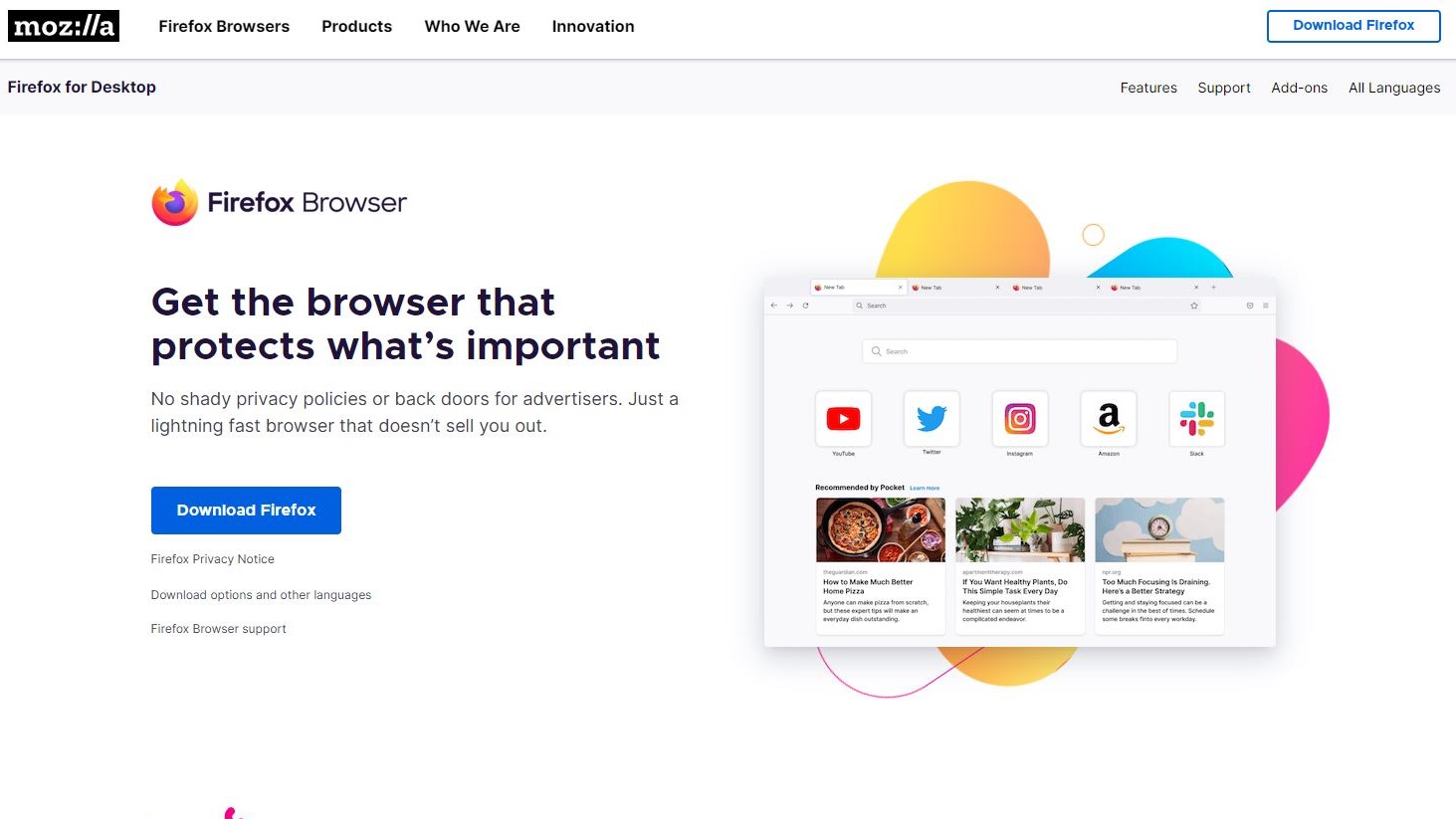

You also need to look at what features come with a browser and what additional features its software developers can bring to it. If you're running multiple tabs at once, you'll appreciate every bit of speed a browser's JavaScript rendering engine can give you. Web 2.0 sites, which include most of today's popular sites, rely on JavaScript to render their increasingly complex pages. That said, JavaScript speed is important. The one exception to this is the 64-bit version of IE 9. But even here it should be kept in mind that all of the current generation of Web browsers are far faster than they were just in March 2011. Instead, what I look for in a Web browser today is JavaScript speed.

But, in all honesty, all the 2011 Web browsers are far more secure than their predecessors. Today, IE 9 is probably as secure as Google Chrome and they don't come any safer. True, the pre-historic IE 6 is still an infamous security hole, but only a fool would run it. For example, it wasn't that long ago that Microsoft's Internet Explorer was a major security problem in and of itself. After that Apple's Safari, which owns the mobile Web browser market, comes in number four, and Opera hangs out to the fifth spot.Īs time has gone on, Web browsers have been improving. In most of the world, IE is followed by Mozilla Firefox, although in some places, such as much of Latin America, number three, Google's Chrome, has already moved up to second place. While Internet Explorer has dropped below 50% of the total Web browser market, it's still the most popular Web browser. These are the most popular Web browsers out there. Why did I choose these browsers? The answer is simple. Only Microsoft's Internet Explorer (IE) 9 hasn't seen a significant improvement in the last few months. With Firefox 8's early arrival, and new major updates to three of the other major Web browsers, Chrome 15 Opera 11.5, and Safari 5.1.1 it's high time to take another look at our current generation of Internet Web browsers and see what's what.


 0 kommentar(er)
0 kommentar(er)
